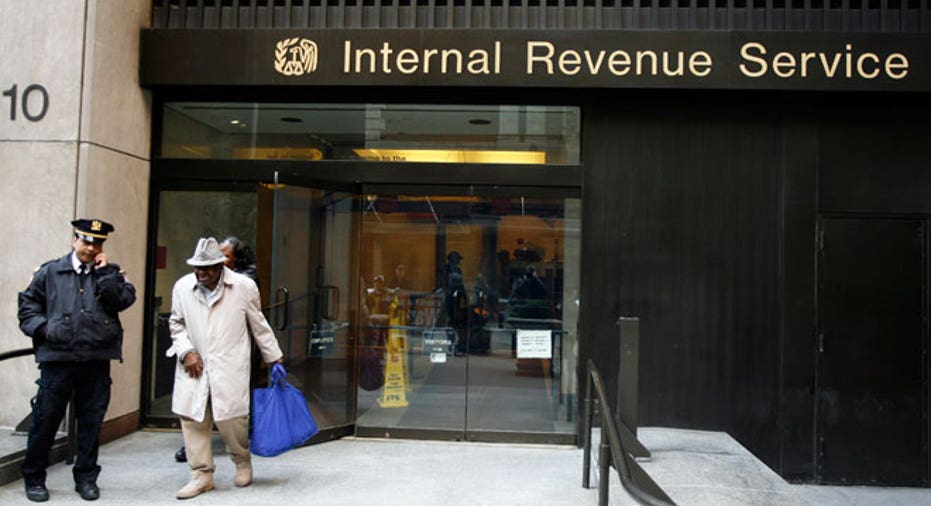7 Reasons Your Small Business Should Use Accounting Software

During tax season, many business owners provide me their tax data in various ways: boxes of receipts, clumps of expenses stapled together with adding machine tape totaling each type of expense, or a listing of income and expenses in a spreadsheet format. When the information is fed to me by these means, I often wonder what expenses may have fallen through the cracks. I often have to ask after some deductions that appear to be missing such as bank charges and credit card interest.
But when a client sends over a computerized accounting file that has been kept up to date and includes cash and credit card purchases, I’m fairly confident that every eligible deduction will be included on the tax return.
I encourage all serious business owners to keep their books on computerized accounting software. Aside from completeness of data, there are other good reasons to track your business’s financial transactions using accounting software:
Bank reconciliation made simple. You don’t miss deductions when you reconcile your bank account on computerized software. The account won’t balance if you don’t post the bank charges or the missing receipt for that debit card transaction at the office supply store.
Easy input. If you don’t like keyboarding in your transactions, most banks will allow for a direct download of your bank account data. With a few keystrokes, you can enter an entire month’s worth of transactions. Tracking credit cards used in the business can be simple and you will remember to post the finance charges. Reconciling the credit card balance in the same way you reconcile the bank balance to the statement will ensure that all transactions are accounted for.
Formalized financial statements. A computerized accounting software program can provide profit and loss statements and balance sheets that are necessary to evaluate your business’ progress. If you are seeking financing for your business, you must present investors with financial statements.
History of the business. There is nothing more educational and satisfying then bringing down a comparative income statement to compare your current year activity with prior year(s). A spreadsheet program can give you this as well, but the data entry is clumsy and more prone to inaccuracies. Speaking of spreadsheets, you can always dump your data from the software to your spreadsheet program in the event you want to play with the numbers and do projections.
Customer history and aging. Using a software’s invoicing feature allows you to track your customers’ purchasing history and payment habits. Aging reports can be generated to facilitate collection efforts. In fact, you can note collection attempts in a special “Notes” box on the customer profile screen.
Vendor history and aging. Rather than simply cutting checks when bills are due, you can use the accounts payable system to track bills as they arrive and plan for cash flow. Using software will also provide you with reports for each vendor. It makes it easy to locate prior payments and invoices.
Audit-proof the books. Whenever I’ve dealt with IRS auditors and the agent sees that the books have been kept on a formalized accounting software, especially by a professional bookkeeping service, the audit tends to be short. The agent will run a cursory review of the bank statements and if things line up with the software, he or she may take a sampling of expenses to audit, rather going line by line.



















